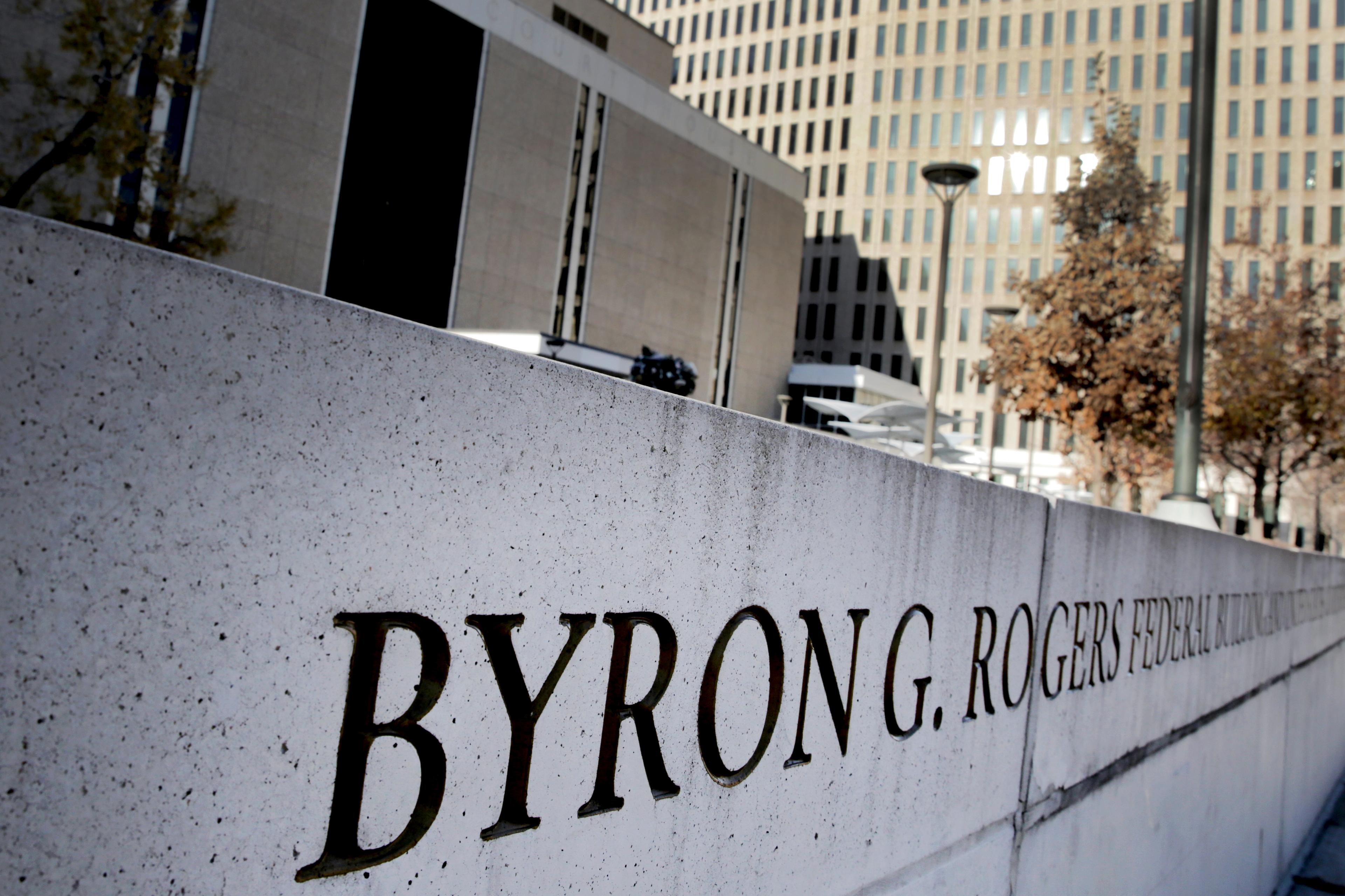
Unless Congress acts quickly, employees at the U.S. Citizenship and Immigration Services, including about 90 in the Denver office and an application support center in Grand Junction, will be furloughed due to a $1.2 billion dollar budget shortfall.
USCIS sent furlough notices to approximately 70 percent of its 13,400 person workforce nationwide.
Courtney Patterson, a military veteran who has worked at the Denver office for almost seven years, fears the impending furlough will bring legal immigration to a screeching halt if only 30 percent of the staff are expected to do the work of the entire agency.
“If you were to take three of the four wheels off of a car, the car will still exist but you only have one wheel,” explained Patterson, who serves as the AFGE Local 4014 union steward for the office. “The car is not going to be able to function like a car.”
The fee-based agency processes immigration applications and job visas and conducts fraud and background checks on applications. During the coronavirus pandemic, application numbers have dropped.
A White House Office of Management and Budget spokesperson said “the administration has formally requested the resources necessary to keep USCIS running. Our hope is that Congressional Democrats accept our proposal to keep the lights on in a responsible manner.”
There is a growing bipartisan consensus that something should be done. A bipartisan bill to fill the budget gap has been introduced in the House and includes a 10 percent application fee surcharge so the agency can pay back the money.
Still, some Democrats have concerns about how exactly the funds will be used.
On July 9, Colorado Sen. Michael Bennet sent a letter to leaders at the Department of Homeland Security and USCIS. He wants to know how the agency decided to furlough employees and how the agency will spend the money to address the current application backlog.
“Since the Trump administration took office, the agency has implemented stricter scrutiny of applications, increased the number of USCIS staff, and suspended new applications for a number of visa programs through December 2020,” Bennet wrote. “These actions shrink the agency’s effective spending ability and leave petitioners with uncertain futures.”
Patterson has gone through furloughs before when he served in the Navy. But this one is different, he said. “There is so much uncertainty about what this furlough means, how long it’s going to last, what it looks like on one side of it, and the other side of it.”
He’s cautiously optimistic that Congress will come through, rather than see thousands of more people hit the unemployment line. He recognizes that time is short as the furloughs are slated to begin August 3.
And not just for USCIS employees, but for applicants. He said it means fewer people will be naturalized, and will also affect those seeing asylum. “It’s impacting America.”









